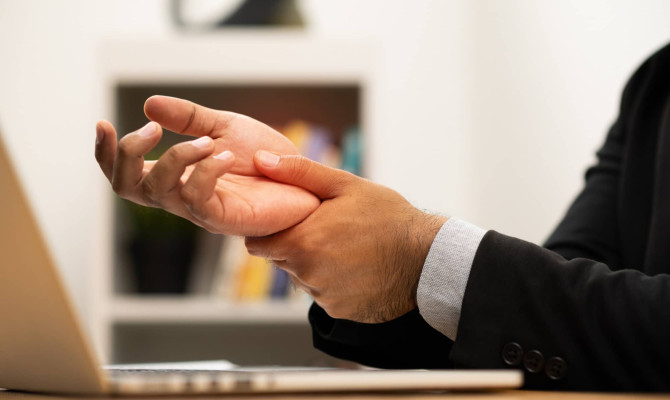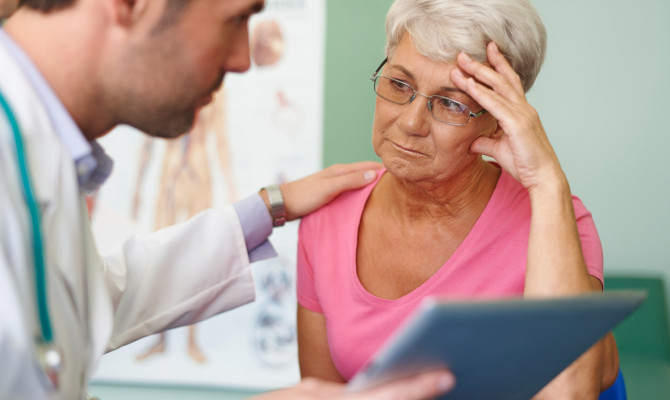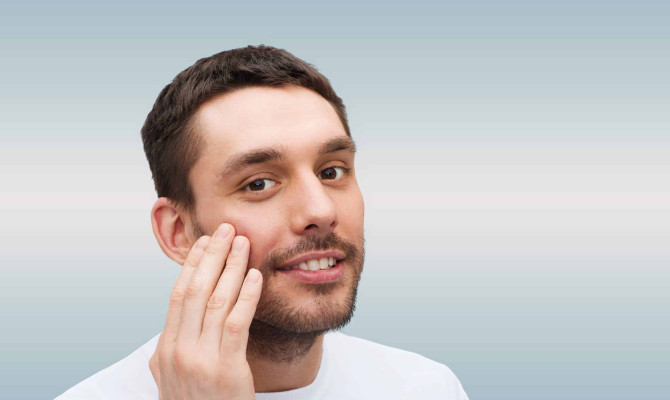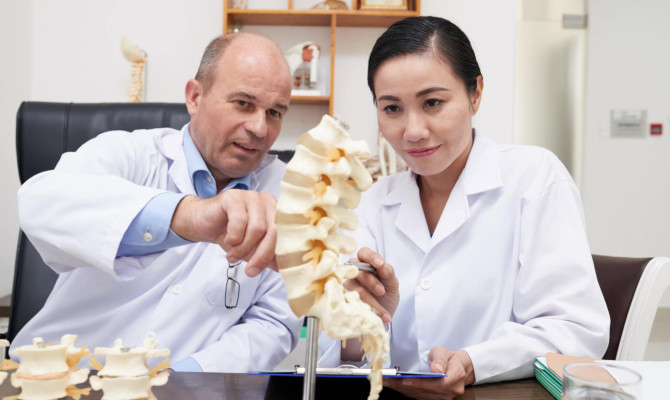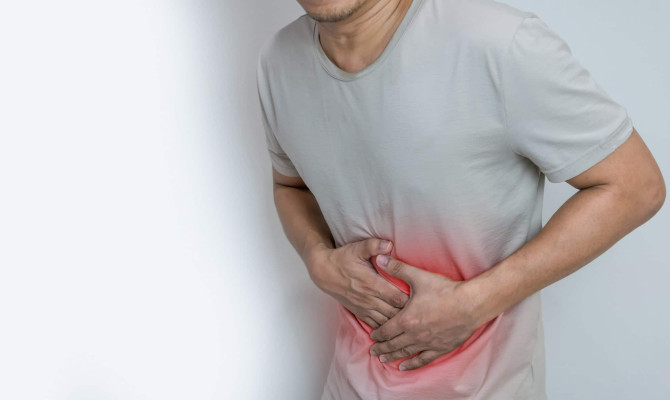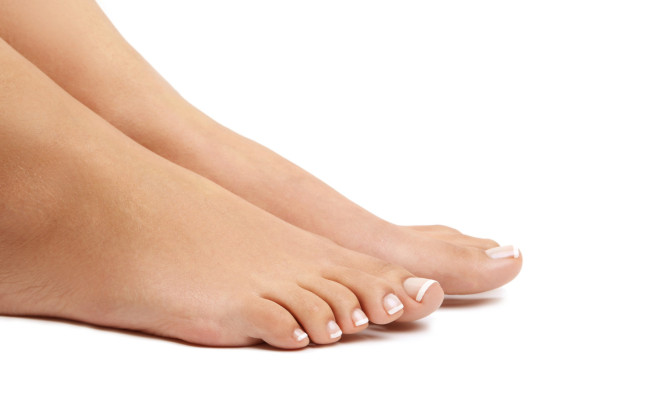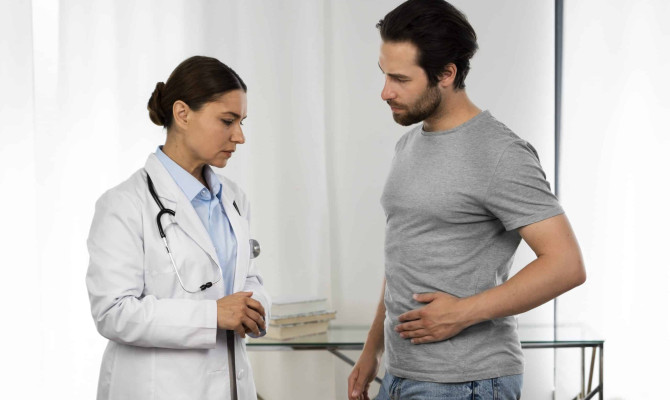Muscle Aches : Causes, Diagnosis and Treatment

- Muscle Aches
- 16 Aug 2023
Overview
What does Muscle Aches mean?
Myalgia, often known as a muscle ache, is pain experienced in any muscle-containing body part. They are common, and almost everybody has once or twice experienced muscle pain. Muscle pain may feel like a dull or intense ache, cause tightness in a specific body part, or extend throughout the body. It could be minor or severe; in some situations, it might even make it hard for someone to move. It could start unexpectedly or get worse as time passes. Muscle discomfort affects everyone differently. The pain might vary significantly in intensity depending on what is causing it.

Symptoms
Symptoms of Muscle Aches
The following signs and symptoms might or might not be present in people with muscular aches:
- Pain in a specific body part.
- Stiff or weak affected part.
- Fever, redness, or swelling.
- Trouble breathing
- Whole body pain
- Muscle cramp
- Joint pain
- Skin rashes
- Dizziness
Causes
What causes body Muscle Aches?
Muscle pain can be caused by :
- Muscles overuse
- Body Stress
- Muscle injuries
- Infections
- Medications side effects
- Autoimmune disorders
- Neuromuscular disorders
- Other factors
Overuse of muscles
- Stiff, sore muscles can be caused by overdoing any activity, including exercise.1Causes| Researched based study from Medlineplus.gov
- Resuming training after a prolonged period of inactivity.
- Skipping stretching after a workout or failing to warm up before one.
- Exercising more vigorously or trying a new activity.
Body Stress
- Muscles stiffen when the body is stressed to guard itself from pain and injury.
- Long-term muscle tension can cause various bodily reactions and even encourage stress-related diseases.2Causes| Researched based study from Apa.org
Muscles Injuries
- A sprain or a muscle strain may hurt.
- Traumatic injuries, including fractures.
- Tendinitis
Infections
- Bacterial and viral infections can cause a person’s body to hurt in addition to other symptoms such as fever, cold, etc. The common cold, flu, and Lyme illness are a few examples. 3Causes| Researched based study from Mayoclinic.org
- The most common symptoms of HIV-infected people are fatigue and muscle pain.4Causes| Researched based study from Nlm.nih.gov
Side effects of Medicines
Certain medications and treatments can cause temporary or long-lasting muscle pain and may include:
- Chemotherapy or radiotherapy for cancer.
- Statins are used to lower cholesterol levels.5Causes| Researched based study from Mayoclinic.org
- ACE inhibitors to lower blood pressure.1Causes| Researched based study from Medlineplus.gov
- Cocaine or substance abuse.
Autoimmune disorders
Autoimmune disorders occur when the body’s immune system starts attacking itself.
Autoimmune diseases that can cause muscle aches may include:
- Myositis and polymyositis.6Causes| Researched based study from Nlm.nih.gov
- Multiple sclerosis.
- Lupus.
Neuromuscular disorders
Muscle weakness and pain can result from neuromuscular disorders and may include the following:
- Muscular dystrophy.
- Spinal muscular atrophy (SMA).
- Amyotrophic lateral sclerosis (ALS) 7Causes| Researched based study from Clevelandclinic.org
Other ailments
Other medical conditions causing muscle pain may include:
- Dehydration
- Lack of sleep
- Nutritional deficiency
- Fibromyalgia
- Myofascial pain syndrome
- Thyroid problems
- Electrolyte imbalance
- Claudication 8Causes| Researched based study from Mayoclinic.org
- Chronic fatigue syndrome 9Causes| Researched based study from Mayoclinic.org
Muscle aches can also sometimes be unexplained in the arms and legs and could be due to the following reasons:
- Lack of blood supply to arms or legs during sleeping.
- Overstraining by carrying weights during the day.
- From wear and tear due to aging.
- A heart attack may also cause pain in the left arm or both arms.10Causes| Researched based study from Cdc.gov
Risk
People at risk
Everyone, from kids to older adults, can develop muscle aches. However, the following individuals may have an increased risk of developing muscle aches:
- Older adults.
- People doing jobs that involve repetitive movement or prolonged awkward postures could cause muscle pain – office workers, typists, laborers, carpenters, hairdressers, etc.11Risk| Researched based study from healthnavigator.org.nz
- Athletes or bodybuilders.
- Those who play contact sports like wrestling, football, boxing, soccer, etc.
- Women are nearing their menstruation. (PMS)
- Menopausal women.
- Cancer patients under treatment.
Consultation
When to see a doctor?
People with muscle aches should consult a doctor if they experience any of the things mentioned below:
- If muscle pain lasts more than three days.
- High fever.
- Dizziness.
- Vomiting.
- A tick bite or a skin rash.12Consultation| Researched based study from Mountsinai.org
- Difficulty swallowing.
- Difficulty breathing.
- Pain restricting movement.
- Any redness or swelling.
- Stiff neck with a high fever.
- Urine volume reduction.
- Swelling of ankles or wrists.
- If a medicine is causing pain.
Diagnosis
Diagnosis of Muscle Aches
The doctor may ask a few questions related to a person’s symptoms, their occupation, and other medical conditions or medications taken before doing a few tests to diagnose the cause:
Blood tests
Blood tests done to check
- Enzymes
- Hormone
- Electrolyte levels
- And for infections
Imaging tests
- X-ray to detect any broken bone near in case of traumatic injuries causing muscle pain.
- Magnetic resonance imaging (MRI) or Computed topography (CT) scan – to check if there are any injury or damage to the muscles.
Other tests
- Electromyography – measures electrical activity in muscles and nerves.13Diagnosis| Researched based study from Medlineplus.gov
- Biopsy of the affected muscle to check for any changes in the tissue indicating neuromuscular diseases.
Treatment
Treatment of Muscle aches
Depending on the cause, it may include both home remedies and medical management:
Home remedies to relieve muscle aches
The RICE therapy if there is a muscle injury
- Rest – Give the painful area enough rest and stop the activity that caused it.
- Ice – using ice can relieve inflammation and using heat can enhance blood flow to the affected part.
- Compression – To help reduce swelling, apply a compression bandage.
- Elevation – To reduce swelling, elevate the feet if at all possible.
Also,
- Take OTC pain relievers like ibuprofen, aspirin, or acetaminophen to relieve pain.
- Warm-water shower or a bath with Epsom salts are both recommended.
Medical management
Depending on any underlying illnesses and infections, doctors may prescribe the following medications:
- Muscle relaxants – aid in calming tense muscles.
- Steroid medicines – reduce immunity in those with autoimmune diseases.
- Antibiotics – administered when bacterial illnesses occur.
- Antidepressants – occasionally prescribed to treat pain.14Treatment| Researched based study from Mayoclinic.org
Alternative treatment
- Massage
- Acupuncture
- Relaxing techniques – Meditation, yoga, etc.
Prevention

Prevention of Muscle Aches
Some medical issues that cause muscle pain cannot be avoided. However, people can avoid aching muscles brought on by strain, stress, and vigorous exercise by carrying out the following:
- Warming up before physical activities and stretching to cool down after.
- Keeping muscles toned by exercising regularly.
- Drinking enough water to stay hydrated.
- Putting proper posture into practice.
- Taking frequent breaks if seated for long periods.
- Ensure that the house and office furniture provide adequate support and comfort.
- Wearing appropriate footwear while exercising or participating in sports activities.
- Avoiding extended periods of inactivity.
- To prevent muscular injuries, ease into new activities.
- Pay attention to your body signals and stop any activity that caused the pain.
Prognosis
Prognosis of Muscle Aches
Muscle aches or pain usually go away on their own. Simple home remedies like massage or moderate stretching can often be used to treat aches brought on by stress, overexertion, or minor injuries. Some lifestyle adjustments may help ease and avoid muscle discomfort and stiffness in long-term muscle pain or repeated events. There may be causes other than tension and exercise for painful muscles. If muscle pain doesn’t improve in a few days of rest and home remedies, one should visit a doctor as soon as possible. A doctor will treat the underlying cause and alleviate the muscle pain.
Any feedback on this article?
 This Articles content was accurate
This Articles content was accurate Very Informative Article
Very Informative Article I have a question or a comment
I have a question or a comment
 This article contains inaccurate content
This article contains inaccurate content This article was not helpful
This article was not helpful I have a question or a comment
I have a question or a comment
We appreciate your helpful feedback!
Checkout our social pages
References
-
Medline Plus
Muscle aches | Causes
-
American Psychological Association
Stress effects on the body | Causes
-
Mayo Clinic
Symptoms-Muscle pain | Causes
-
National Library of Medicine
Identifying Symptom Patterns in People Living With HIV Disease | Causes
-
Mayo Clinic
Statin side effects: Weigh the benefits and risks | Causes
-
National Library of Medicine
Autoimmune Myopathies | Causes
-
Cleveland Clinic
Muscle Pain | Causes
-
Mayo Clinic
Claudication | Causes
-
Mayo Clinic
Myalgic encephalomyelitis/chronic fatigue syndrome (ME/CFS) | Causes
-
Centers for Disease Control and Prevention
Heart Attack Symptoms, Risk, and Recovery | Causes
-
Health Navigator
Occupational overuse syndrome | Risk
-
Mount Sinai
Muscle aches | Consultation
-
Medline Plus
Electromyography (EMG) and Nerve Conduction Studies | Diagnosis
-
Mayo Clinic
Antidepressants: Another weapon against chronic pain | Treatment












